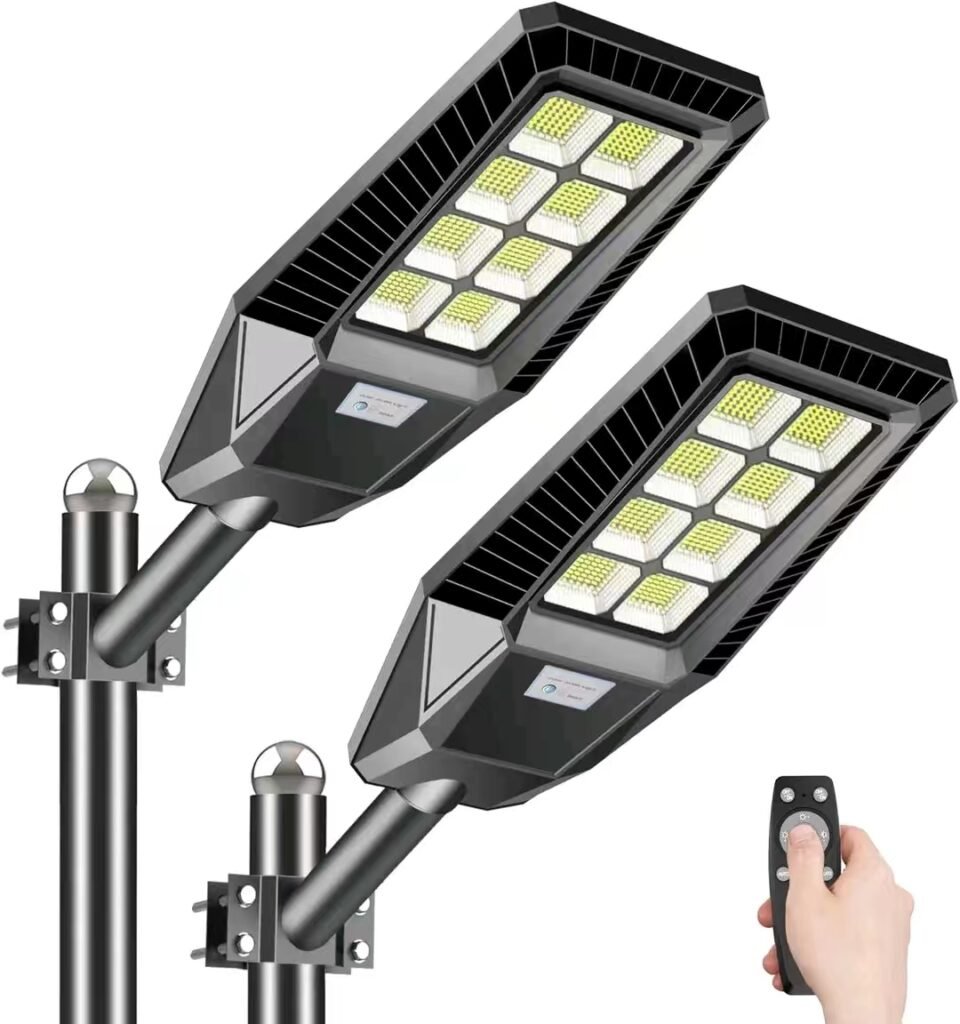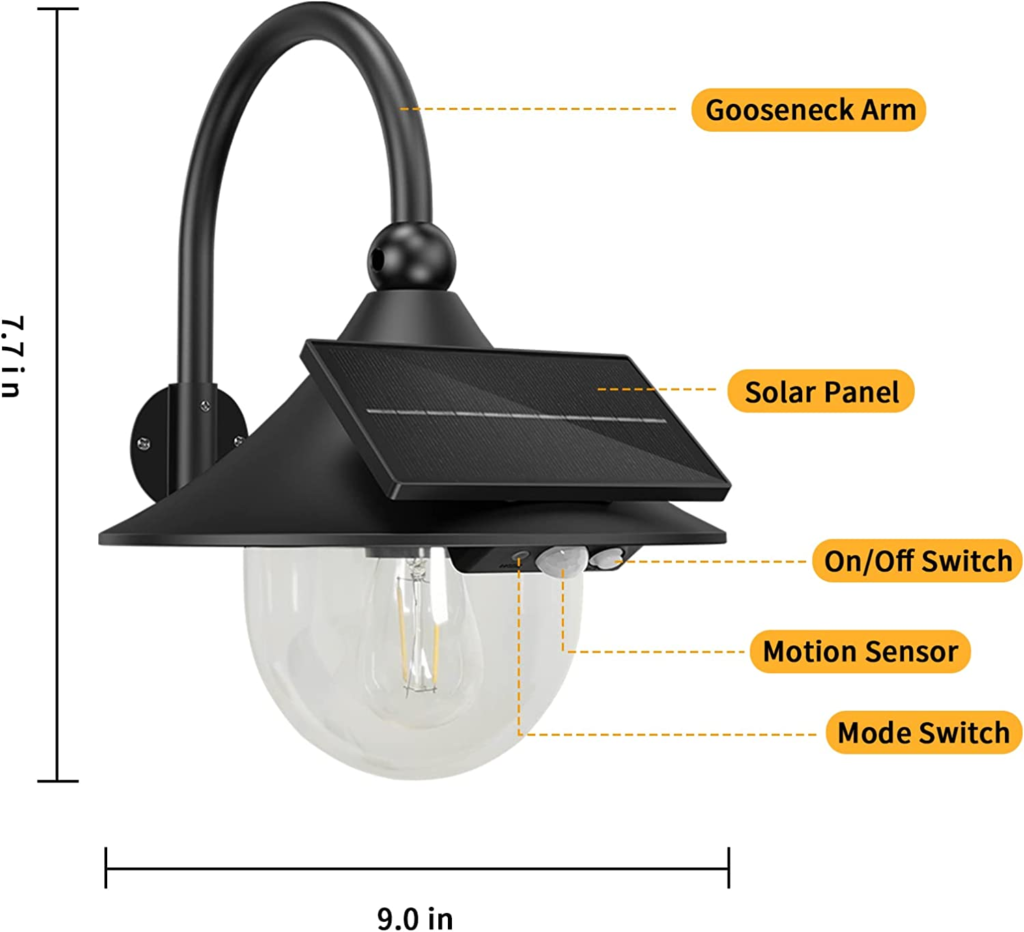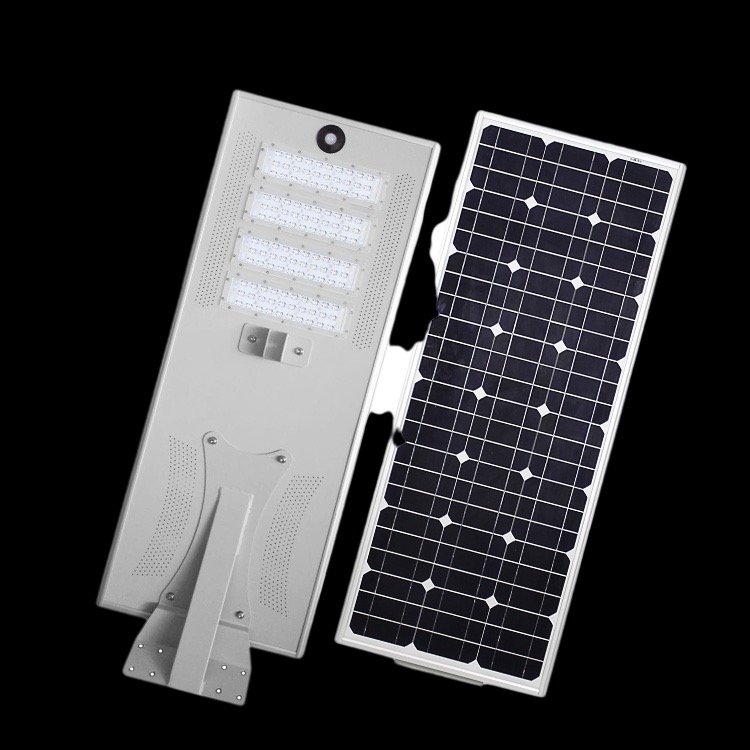In-home lighting, commercial lighting, office lighting, and other lighting areas LED lamps and lanterns gradually accelerate the replacement of traditional lighting, ushering in the demand for large-scale replacement. In the field of industrial lighting, due to the specificity of the product application scenario, industrial lighting has higher requirements for product performance, resulting in relatively high production costs of LED lamps and lanterns. The replacement process is later than the above-mentioned commercial sector, which currently has an enormous market space for replacement.
In the current market, LED bulbs are in the early adoption phase of their product life cycle. However, continued technological advances in LED lighting are bringing these products into the growth phase. Recent advances in light-emitting diode technology have enabled LED lighting products to enter the commercial lighting market with significant growth potential. Commercial buildings, including offices, shops, restaurants, hospitals, and schools, account for almost 20% of total energy consumption in the US, with 38% of this energy consumption attributable to lighting.

In addition, major manufacturers in the US are actively developing their LED lighting business as LED lighting penetration continues to increase. Demand for LED commercial lighting in the US market is strong, with the fastest growing demand for dark bay, panel, tunnel, and industrial lighting, and is beginning to move into new applications such as pretty and optical communications.
Overall, it is expected that rapid urbanization and increasing construction activity in the commercial sector in different countries will drive demand in the markets studied for the foreseeable period. However, with the outbreak of the COVID-19 pandemic, short-term forecasts indicate a decline in demand as some commercial buildings temporarily cease.
Analysis from the global market scale accounted for
From the current industrial lighting field, the data show that the global LED lighting market is about 50 billion English slanders, of which the industrial field market accounted for about 7%. The penetration rate of LED is less than 10% as measured by the penetration rate of 10%, the global industrial field lighting market size of about 35 billion English rust (about RMB 320 billion). According to LEDinside data, China’s LED lighting scale accounts for about 22% of the global proportion, as measured by China’s industrial lighting market size of about 70 billion yuan and foreign industrial lighting market size of about 250 billion yuan.
Future development trend
1. Industry energy-saving and environmental protection policies are vigorously pursued
In the current industry context of eliminating high energy-consuming lighting methods, governments strongly support energy-saving and environmentally friendly LED lighting products. The United States, Japan, the European Union, South Korea, and other countries have launched a national semiconductor lighting program and increased research and support. China also vigorously implement energy-saving and environmental protection policy. LED light source not only has distinct advantages in energy saving, in addition to environmental protection, long life, no radiation, no pollution, and other aspects and other characteristics. Under the same use conditions and lighting effects, the power consumption of LED energy-saving lamps is only 1/3 of that of traditional lamps, and the service life is longer, which is a good promotion for enterprises to better achieve the goal of energy saving and emission reduction.
2. Industrial intelligent lighting has become a new trend in the development of the industry
In the continued promotion of digital factories, industrial lighting is an auxiliary device for production, but also gradually towards intelligence, as the future of LED lighting develops important direction, intelligent lighting applications ushered in a stage of development. In the long run, cross-field integration of perception, communication, positioning, and other technologies, can further create a combination of personalized, human factors lighting, and intelligent industrial lighting applications, with the popularity of the Internet of everything, and ultimately can achieve digital control of lighting assets, the formation of lighting systems and other industrial systems effective linkage and big data intermingled management, LED industrial lighting future development prospects

3. Rapid development of health lighting
With the LED luminous mechanism and digital control technology more and more in-depth control, LED lighting products for spectral level control has become possible. In the field of industrial lighting, the lighting effect achieved by traditional light sources has become increasingly unable to meet the needs of users in physiological, psychological, emotional, and health aspects of multi-faceted needs lighting will be a crucial driving force in the future to promote industrial lighting technology and product selection generation
We can’t live without LED lighting products they can not only play the role of lighting but also can be used to set up some atmosphere they want as our lives continue to improve, we also have higher requirements for LED lighting products now environmental protection and energy saving is the primary condition for us to select LED products, the future of LED products will also be to the direction of wise development, let’s wait and see it!
If you want to know more about lighting-related consultation, please feel free to consult: www.enetcl.com.At the same time, we also hope you can give us valuable advice or suggestions. Thank you!




